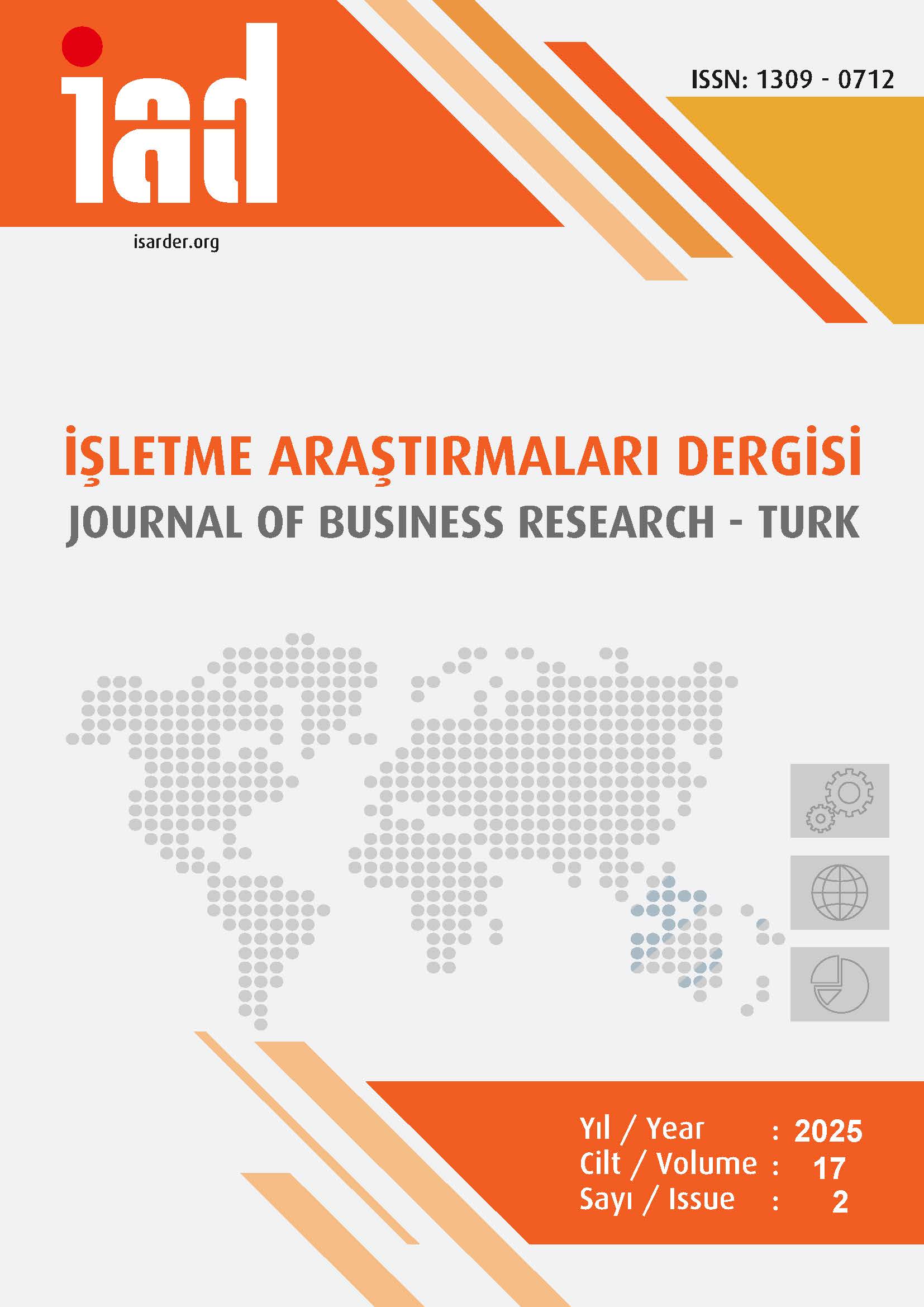The Mediation Effect of Service Quality Concepton the Relationship of Occupational Healthand Safety Practicesin Restaurants and Employee Loyalty: An Application in Istanbul
DOI:
https://doi.org/10.20491/isarder.2025.2017Keywords:
Restaurant Businesses, Occupational Health and SafetyAbstract
Purpose – The primary aim of this study is to determine the mediating role of service quality in the relationship between restaurant employees’ perceptions of occupational health and safety (OHS) practices and employee loyalty. With in this scope, the study analyzes how employees’ evaluations of OHS practices affect the quality of service they provide, and how this, in turn, relates indirectly to employee loyalty through a structural model. The study aims to highlight the significance of the dynamic interaction between OHS practices and service quality in ensuring a sustainable work environment and high employee commitment in the service sector. Design/methodology/approach – To examine the mediating effect of service quality perceptions on the relationship between restaurant employees’ views on occupational health and safety (OHS) and their organizational commitment, a structural equation model (SEM) was developed based on relevant literature. The hypotheses formulated within the research model were tested using AMOS 23.0 software. Data were collected through surveys conducted with 504 employees working in 28 restaurants in Istanbul. After eliminating incomplete or incorrect forms, 450 valid questionnaires were analyzed. Findings – The analyses revealed that employees’ perceptions of occupational health and safety practices contribute positively to employee loyalty, and that service quality perceptions have an indirect mediating role in this relationship. Discussion – This study examines the universally significant concepts of occupational health and safety, service quality, and employee loyalty in the context of restaurant businesses in the service sector. It analyzes the effects of employees’ perceptions of OHS practices on service quality and employee loyalty through a structural model and hypotheses. Based on the findings, practical recommendations are provided for all stakeholders. However, since the findings are specific to a particular sector and region, their generalizability is limited. In this regard, the study serves as both a theoretical and practical resource for futurere search.
Downloads
Published
How to Cite
Issue
Section
License

This work is licensed under a Creative Commons Attribution-NoDerivatives 4.0 International License.





